Search
Remove Ads
Advertisement
Summary 
Loading AI-generated summary based on World History Encyclopedia articles ...
Search Results
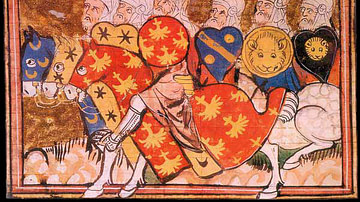
Article
Saladin & the Unification of the Muslim Front: 1169-1187 CE
Saladin (c. 1137 – 1193 CE), the Muslim ruler who crushed the mighty Crusader army at the Horns of Hattin (1187 CE) and re-took Jerusalem after 88 years of Crusader control, was born in a world where the disunity of the Muslims had allowed...

Video
Italian & German Unification: Crash Course
So, we haven't talked much about Italy and Germany so far in Crash Course Euro, and that's because prior to the mid-19th Century CE, those two nation-states weren't really a thing. Today we'll look at how Italy and Germany pulled it together...
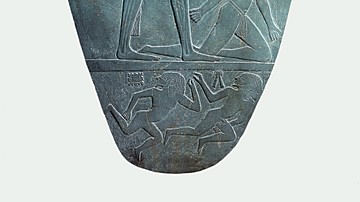
Definition
Narmer
Narmer (c. 3150 BCE) was the first king of Egypt who unified the country peacefully at the beginning of the First Dynastic Period (c. 3150 - 2613 BCE). He has also, however, been cited as the last king of the Predynastic Period (c. 6000 -...
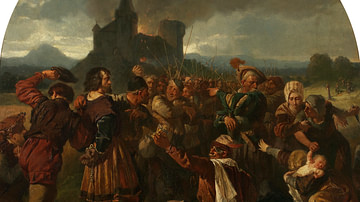
Definition
German Peasants' War
The German Peasants' War (1524-1525) was a conflict between the lower class of the Germanic region of the Holy Roman Empire and the nobility over the feudal system of serfdom, religious freedom, and economic disparity. It was later characterized...

Definition
1811 German Coast Uprising
The 1811 German Coast Uprising (8-11 January 1811) was the largest slave revolt in US history involving between 300-500 enslaved and free Blacks in the Louisiana parishes of St. John the Baptist, St. Charles, and Jefferson in the Territory...
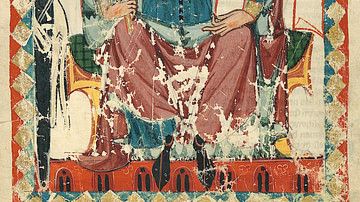
Definition
German Crusade 1197-8 CE
The German Crusade of 1197 CE, also known as the 'Emperor's Crusade', was led by the Holy Roman Emperor Henry VI (r. 1191-1197 CE). Although the emperor died on his way east, his army did capture Beirut from the forces of the Ayyubid dynasty...

Video
The Unification of Egypt
The formation of the first nation-state of the ancient world through the unification of Upper and Lower Egypt.

Article
Interview: French Fashion during the German Occupation (1940-1944)
In 2024, France is celebrating the 80th anniversary of the Liberation (1944), and as part of a series of conferences organised by the Société archéologique et historique de Beaugency, Catherine Join-Dieterle, Doctor in History of Art and...
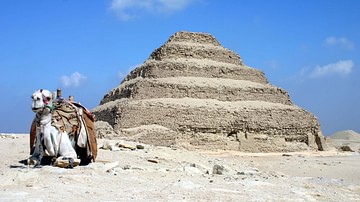
Definition
Early Dynastic Period In Egypt
The Early Dynastic Period in Egypt (c. 3150 - c. 2613 BCE) is the beginning of the historical era of the country during which the regions of Upper Egypt (south) and Lower Egypt (north) were united as one country under a centralized government...
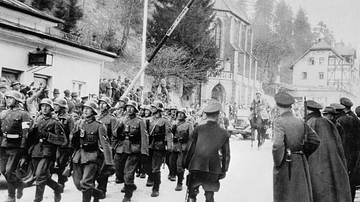
Definition
Anschluss
The Anschluss ('fusion') of 12 March 1938 was the annexation and formal union of Austria with Germany. Adolf Hitler (1889-1945), the Nazi leader of Germany, dreamed of an empire which enclosed all German speakers, his 'Greater Germany'. Hitler's...